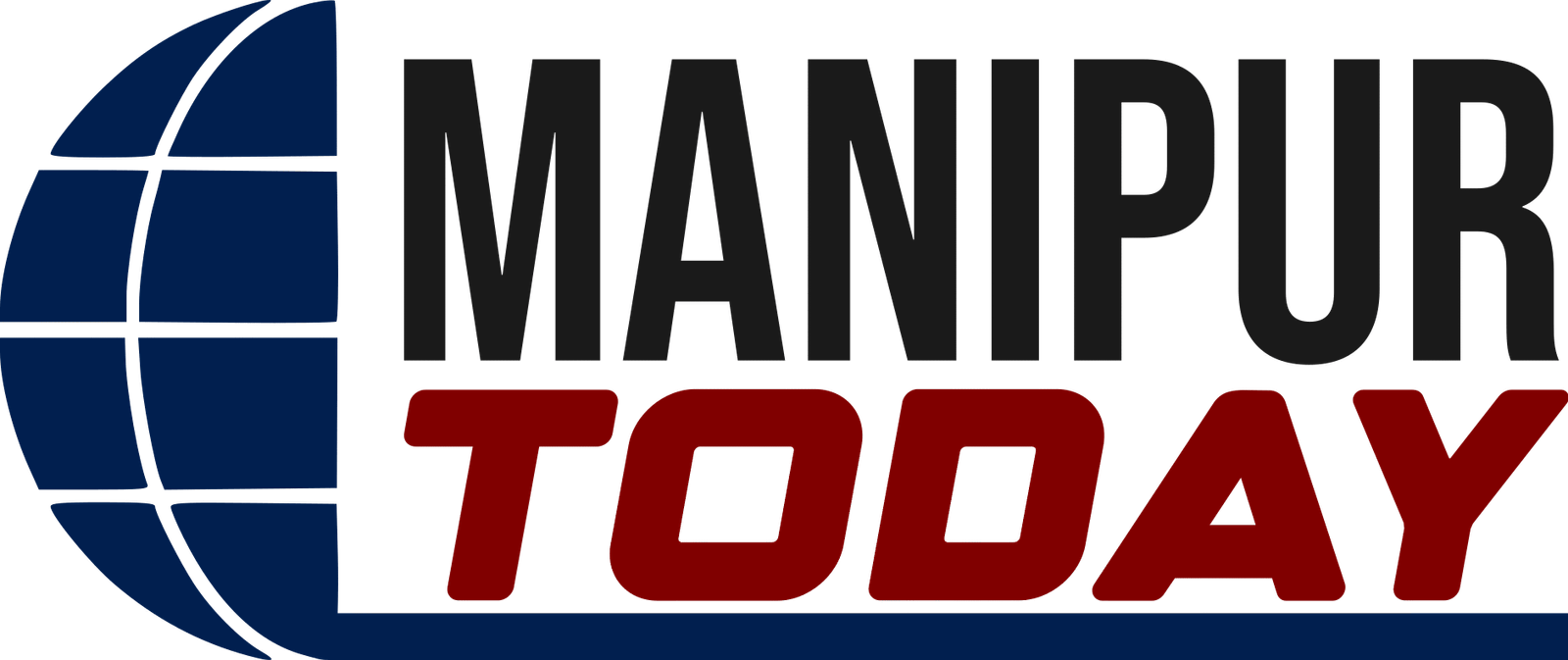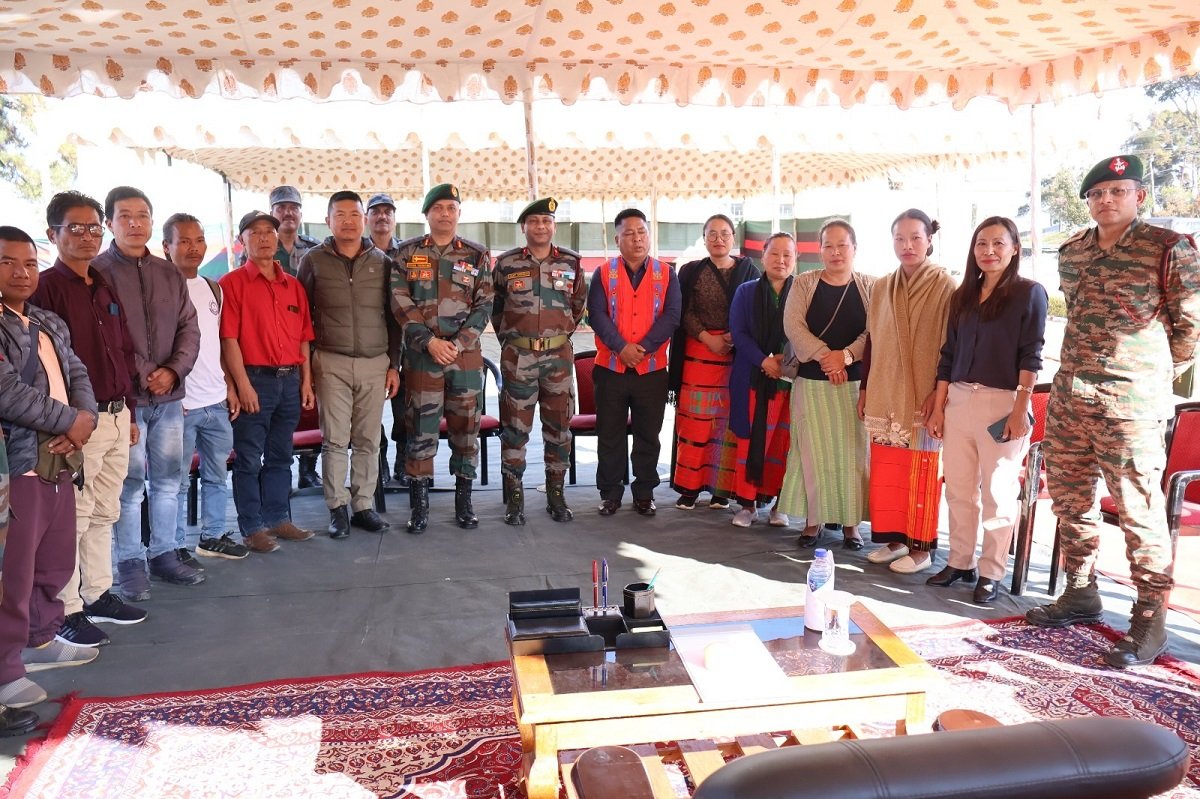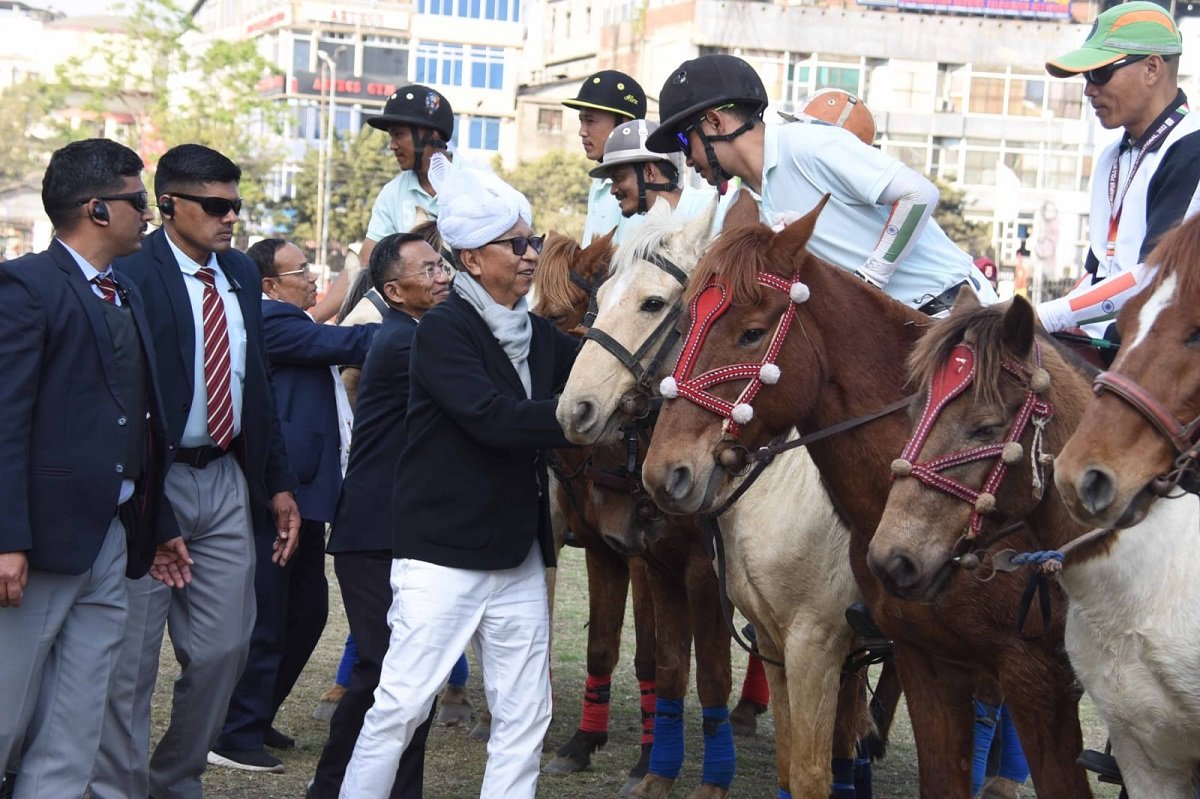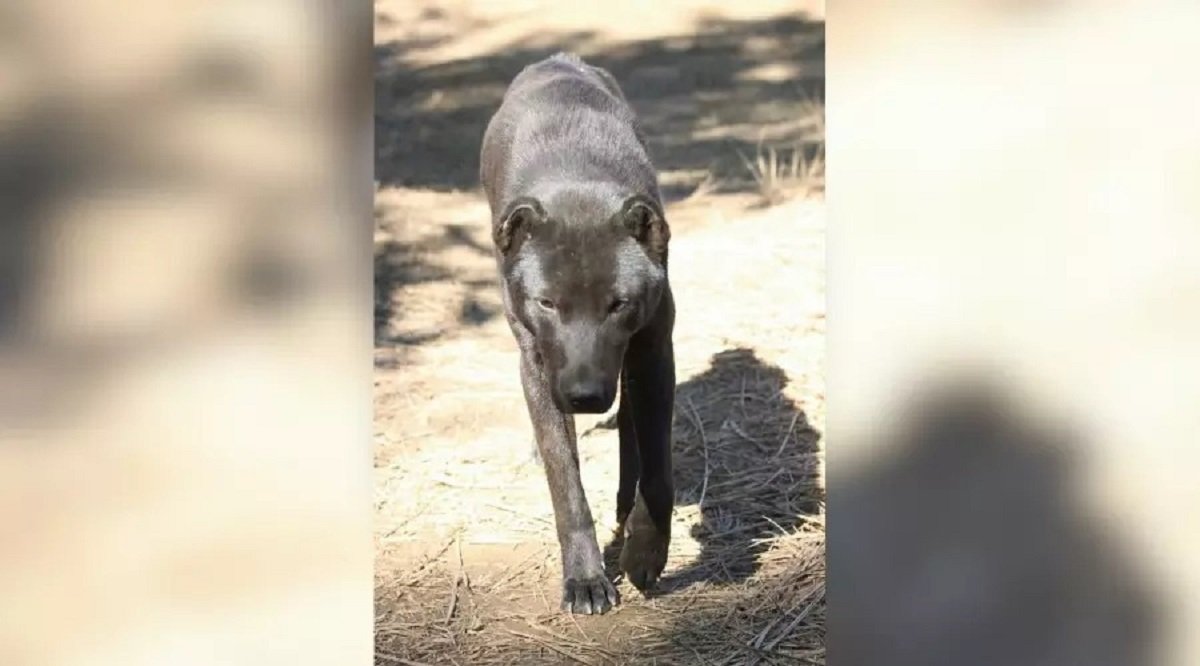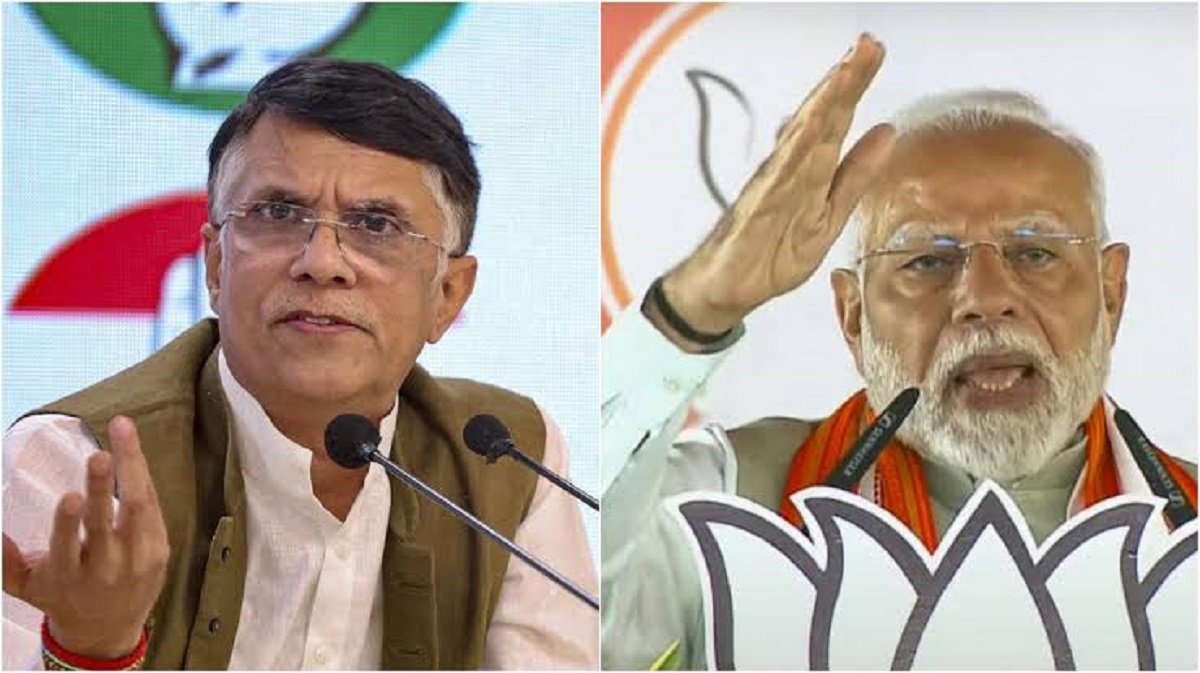What Is India’s First Dengue Vaccine?
Name: DengiAll – a tetravalent dengue vaccine aimed at providing protection against all four serotypes of the dengue virus (DENV-1 to DENV-4).
Origin: Developed from the TV003/TV005 strain, which was initially created by the U.S. National Institutes of Health (NIH) and subsequently licensed to Indian companies.
Organisations Involved:
ICMR (Indian Council of Medical Research): The main funder and scientific leader.
Panacea Biotec: The developer of the vaccine, holding process patents and spearheading formulation trials.
How It Works?
Tetravalent nature: Provides immunity against all four dengue strains, thereby decreasing the likelihood of reinfection.
Live-attenuated virus: Utilizes weakened viruses to safely stimulate an immune response.
Two-dose vaccine: Participants receive two doses, followed by a two-year medical follow-up to evaluate efficacy.
Key Features:
Pan-India Coverage: Trials are being conducted at 20 centers, including Chennai, Pune, Delhi, and Hyderabad.
Large-Scale Participation: Approximately 80% of the enrollment has been completed out of a target of 10,000 candidates.
Process Patented: Panacea possesses proprietary rights over the vaccine formulation.
Previous Trial Success: Phases 1 and 2 were completed in 2018–19 with promising results.
Clinical Vigilance: Participants will be monitored for two years following vaccination.
Significance for India:
Public Health Impact: Addresses one of the most prevalent mosquito-borne diseases in India.
Child Health Focus: Provides essential protection for children, who are at a higher risk of hospitalization.
Reduces Repeat Infections: Important due to the limited cross-protection among dengue serotypes.
The first indigenous dengue vaccine is currently in Phase 3 trials

